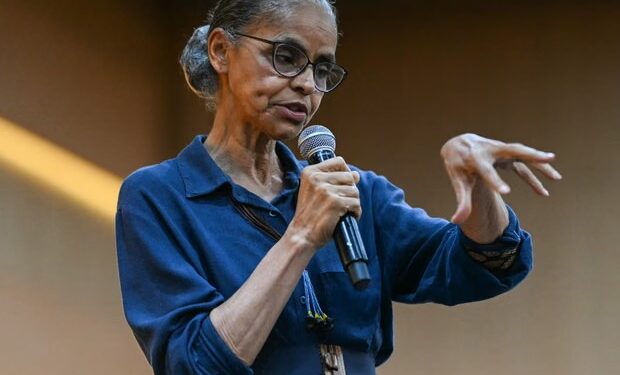Brazil’s environment minister, Marina Silva, has urged countries attending COP30 to show courage by supporting the creation of a global roadmap to phase out fossil fuels, describing the proposal as an “ethical answer” to the climate crisis, even as Brazil itself stopped short of committing to the plan.
Her remarks, delivered at the summit in Belém, underscored the delicate balance Brazil is attempting to strike as host: championing ambition and moral leadership while maintaining diplomatic space in a negotiation marked by diverging national interests and intense political sensitivity.
A voluntary framework with global implications
The proposed roadmap would be voluntary and self-determined, allowing each country to outline its own pathway towards reducing and ultimately phasing out fossil-fuel use. Silva emphasised that such an approach would avoid imposing rigid deadlines while still offering much-needed structure after years of fragmented climate commitments.
She described the roadmap as a navigational tool rather than a set of instructions, arguing that the global community requires clear direction if it is to address the worsening effects of climate change. By urging “courage”, Silva signalled that political hesitation remains one of the largest obstacles to meaningful progress.
Brazil’s diplomatic balancing act
Although Brazil has been prominent in advancing the discussion, the government has been careful not to bind itself formally to the roadmap. The country continues to explore new oil and gas reserves, and its domestic energy mix contains significant fossil-fuel components. As a result, its position at COP30 is one of advocacy without full alignment, aiming to maintain credibility among both ambitious climate coalitions and fossil-fuel-producing nations.
This diplomatic stance reflects Brazil’s wider ambition to present itself as a bridge-builder. Hosting COP30 has placed it in a central role, and the government appears determined to facilitate consensus without alienating key partners.
Support and resistance shape the early debate
Initial discussions suggest a division among negotiating blocs. A substantial group of countries have expressed support for exploring the roadmap concept, viewing it as a natural extension of global commitments made in earlier summits. Others, particularly states with economies heavily dependent on oil, gas or coal, remain sceptical or outright opposed.
While the roadmap is not yet part of the formal negotiating agenda, it has already become one of the most talked-about items at COP30. Informal consultations are expected to intensify as delegates seek clarity on what form the proposal might take and how it could be implemented without exacerbating economic disparities between nations.
Ethical framing meets political reality
Silva’s insistence on an ethical approach reflects a growing global narrative framing fossil-fuel reduction as a responsibility rather than a preference. Yet the political reality is complex: developing nations face financial constraints, energy-security concerns and competing development priorities that make rapid transitions difficult.
For the roadmap to gain traction, negotiators acknowledge it must incorporate principles of fairness, finance and support for adaptation. Without these elements, the proposal could deepen divides between countries already struggling to reconcile climate ambitions with domestic pressures.
Looking ahead as COP30 continues
With negotiations entering a decisive phase, the future of the roadmap remains uncertain. Some delegates view the initiative as a necessary step to move beyond vague commitments, while others see it as an unwelcome pressure point. The next days will reveal whether ministers can shape a framework broad enough to attract wide participation yet specific enough to matter.
Regardless of the final outcome, Silva’s intervention has ensured that the question of fossil-fuel phaseout will remain at the centre of COP30. Her call for courage highlights both the urgency of the moment and the formidable task facing global leaders in charting a credible path forward.
Newshub Editorial in South America – 2025-11-17



Recent Comments